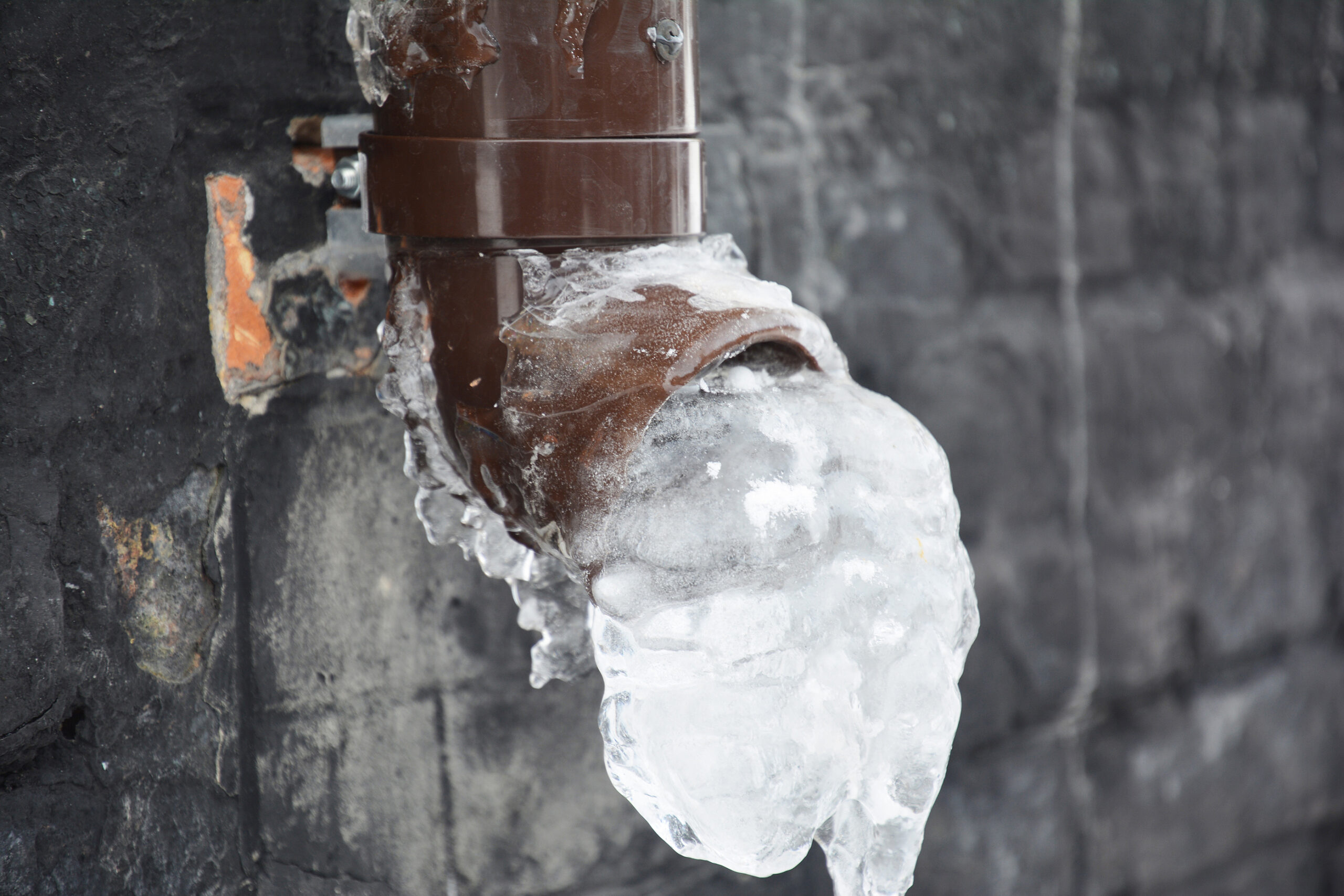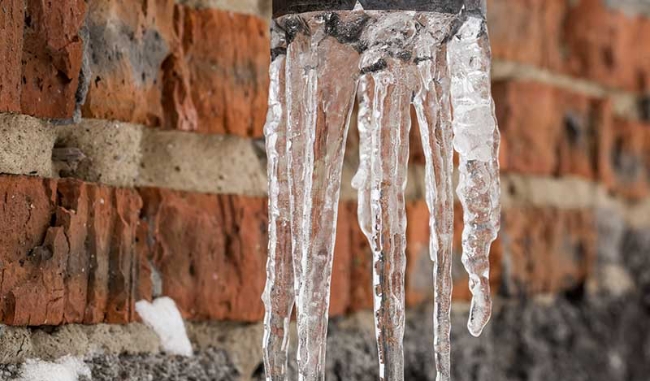Guidance for Avoiding Frozen Pipes in Winter: Expert Tips
Guidance for Avoiding Frozen Pipes in Winter: Expert Tips
Blog Article
How do you really feel in relation to Preventing and dealing with frozen pipes?

Cold weather can damage your plumbing, especially by freezing pipes. Right here's how to stop it from happening and what to do if it does.
Introduction
As temperatures drop, the threat of icy pipelines rises, potentially resulting in pricey repairs and water damages. Recognizing exactly how to avoid frozen pipes is vital for homeowners in cold climates.
Avoidance Tips
Shielding vulnerable pipelines
Cover pipelines in insulation sleeves or use warm tape to protect them from freezing temperature levels. Concentrate on pipelines in unheated or outside locations of the home.
Home heating strategies
Maintain interior areas sufficiently warmed, particularly areas with pipes. Open up cabinet doors to permit cozy air to distribute around pipes under sinks.
Just how to recognize frozen pipes
Try to find lowered water circulation from taps, unusual smells or noises from pipes, and noticeable frost on revealed pipelines.
Long-Term Solutions
Structural adjustments
Consider rerouting pipelines far from exterior walls or unheated locations. Add extra insulation to attic rooms, cellars, and crawl spaces.
Upgrading insulation
Purchase top notch insulation for pipelines, attics, and wall surfaces. Correct insulation assists maintain consistent temperature levels and reduces the danger of icy pipelines.
Securing Outside Pipes
Garden pipes and outside taps
Detach and drain yard hoses before winter. Mount frost-proof faucets or cover exterior faucets with protected caps.
Recognizing Icy Pipelines
What creates pipes to ice up?
Pipes freeze when revealed to temperature levels below 32 ° F (0 ° C) for expanded periods. As water inside the pipes ices up, it increases, taxing the pipeline wall surfaces and possibly triggering them to burst.
Threats and damages
Icy pipelines can lead to supply of water disturbances, residential or commercial property damages, and costly repair work. Burst pipelines can flood homes and create comprehensive architectural damage.
Indications of Frozen Pipes
Determining icy pipes early can avoid them from breaking.
What to Do If Your Pipes Freeze
Immediate actions to take
If you believe frozen pipelines, keep faucets open to alleviate pressure as the ice thaws. Make use of a hairdryer or towels soaked in hot water to thaw pipes slowly.
Final thought
Protecting against icy pipelines calls for proactive measures and quick reactions. By understanding the reasons, indications, and safety nets, home owners can secure their plumbing throughout winter.
6 Proven Ways to Prevent Frozen Pipes and Protect Your Home
Disconnect and Drain Garden Hoses
Before winter arrives, start by disconnecting your garden hoses and draining any remaining water. Close the shut-off valves that supply outdoor hose bibs and leave the outdoor faucet open to allow any residual water to drain. For extra protection, consider using faucet covers throughout the colder months. It’s also important to drain water from any sprinkler supply lines following the manufacturer’s directions.
Insulate Exposed Pipes
Insulating your pipes is an effective way to prevent freezing. Pipe insulation is readily available at home improvement stores and is relatively inexpensive. Pay close attention to pipes in unheated areas such as the attic, basement, crawl spaces, or garage. Apply foam insulation generously to create a buffer against the cold. You can also wrap your pipes in heat tape or thermostat-controlled heat cables for added warmth.
Seal Air Leaks
Inspect your home for any cracks or openings that could let in cold air. Seal any holes around the piping in interior or exterior walls, as well as the sill plates where your home rests on its foundation. Additionally, make sure to keep your garage door closed unless you’re entering or exiting. Leaving it open creates a significant air leak that can lead to frozen pipes.
Allow Warm Air Circulation
During cold snaps, it’s essential to allow warm air to circulate evenly throughout your home. Leave interior doors ajar to promote better airflow. Open kitchen and bathroom cabinets to help distribute heat consistently around the rooms. If you have small children or pets, be sure to remove any household chemicals or potentially harmful cleaners from open cabinets for safety.
Let Faucets Drip
A small trickle of water can make a big difference in preventing ice formation inside your pipes. When temperatures drop significantly, start a drip of water from all faucets served by exposed pipes. This continuous flow helps prevent the water from freezing. Additionally, running a few faucets slightly can relieve pressure inside the pipes, reducing the chances of a rupture if the water inside does freeze.
https://choateshvac.com/6-proven-ways-to-prevent-frozen-pipes-and-protect-your-home/

I'm very serious about Helpful Tips to Prevent Frozen Pipes this Winter and I really hope you liked my page. Those who enjoyed our post if you please remember to share it. Thank you for taking the time to read it.
At This Website Report this page